
How to Add Captions to IGTV Videos
This step by step guide will show you how to add captions to IGTV Videos
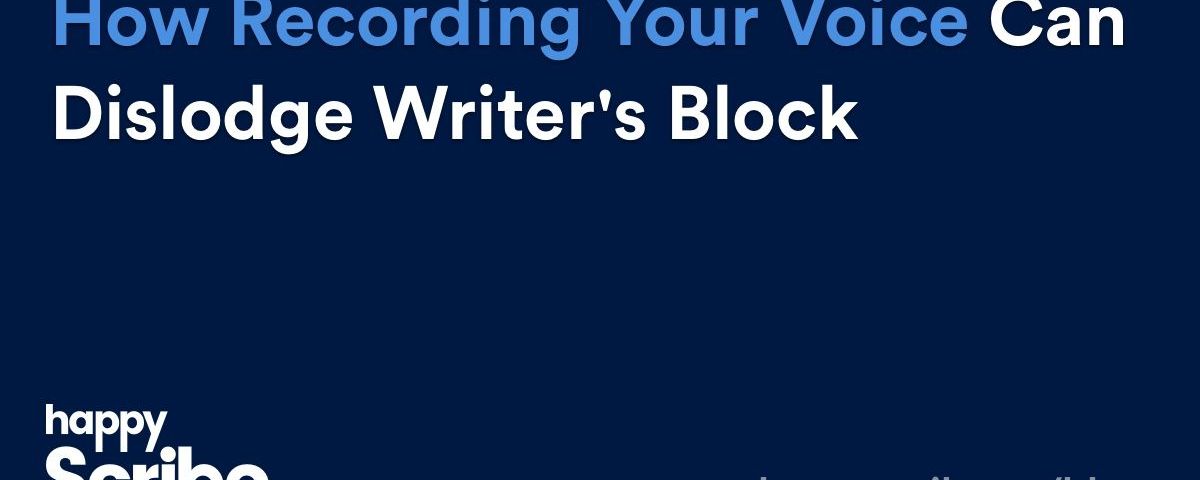
One way to dislodge writer's block is to record your words, then use a transcription service provider to convert the audio to text. Here are three ways this helps.
It happens to us all: journalists, bloggers, researchers, and students. At some point we come up against writer’s block. The ideas just stop and we are left staring at a white computer screen for hours.
Well, have you ever thought about closing your laptop and recording your story instead of typing it?
Writing has long been associated with putting pen to paper, or in today’s world, feverishly pounding away at a laptop. However, there are other ways to get your words to text. Twenty-first century technology makes it easy, quick and cheap to convert audio to text using automatic transcription software. Which means, just as people now can ‘read’ by listening to an audiobook, you can ‘write’ by recording your words and then having them transcribed.
But how can recording your words and converting that audio to text help dislodge writer’s block? Let's find out by looking at these three techniques:
You’ve interviewed dozens of people and conducted copious amounts of research on your topic. Now your mind is full of knowledge you need to process. Sometimes this is hard when it’s all just floating about between neurons in your brain.
A great way to make sense of all your thoughts and to help you formulate your ideas is to verbalise them. So my first recommendation is to buy a coffee for a friend and ask them to interview you about your project or story. Type up a list of questions that you are trying to answer in your writing, but make sure they are open-ended type questions.
For example, when preparing to write this blog post, I could have had a friend ask me these questions: ‘Why do people get writer’s block?’ ‘What is automatic transcription?’ ‘How can automatic transcription help with writer’s block?’ ‘What are some techniques you can do to unblock writer’s block?’
Answering questions is more natural for most of us and having a conversation with a friend is an easy way to get your ideas flowing again. Conversing with your friend may also give you a new perspective. Just be sure to record the conversation! After the interview with your friend, convert the audio to text and you should have a some great paragraphs and ideas to get your writing flowing again. Heck, you may even have been able to write your whole story!
Writers are notoriously depicted as hermits, locked away in secluded cabins, shunning all human life form. Whilst this is one tactic to help avoid distractions when your creative juices are flowing, its not going to help you much when your mind is drawing a blank. When this happens, you need to change your environment.
Changing your scenery can help stimulate your senses and spark new ideas. Staring at the small four walls isn't productive. You need a different environment to ignite your imagination and think creatively.
One solution is to go to a place that is relevant to the story you are writing. Stop regularly and record what your thoughts. Describe the smells. Explain how you feel. Recount the colours you see. Characterise the sounds you hear. Perhaps even discreetly record snippets of conversations you overhear. Or simply, start talking as if you are making a verbal journal entry.
Detailed and evocative descriptions are more likely to come to you as you are sensing them. Verbally recording the descriptions in-situ, and transcribing that audio to text later, can help get your creative juices flowing again.
A.J. Jacobs, the New York Times Best Selling Author of ‘A Year Living Biblically’ and Editor at Large of Esquire Magazine, once admitted that his regular writing routine involves walking on a treadmill. Whilst he started the process to help avoid a sedentary lifestyle, he notes that an added benefit is that it keeps him awake.
A.J. Jacobs is a wise man! Scientific research shows that not only is moving your body good for your physical health, but it helps boost your creativity as well.
However, I have no idea how A.J. Jacobs walks on a treadmill and types at the same time. A simple solution is to record your writing and use a transcription service provider to convert the audio to text at the end of your workout.
I know its not always easy to motivate yourself to exercise, but going for a walk could help you beat writer’s block, as well as keep you productive and healthy at the same time.
The process of just using a different medium, by recording what you want to say, instead of ‘writing’ the words may be enough dislodge writer’s block. If not, try going for a walk, changing your scenery, or having a friend interview you. You might be surprised at how easily the ideas start flowing again!
Once you have that recording captured, we here at Happy Scribe can help convert that audio to text whilst you take a 5 minute break - another great way to dislodge writer's block. Just contact us here.

This step by step guide will show you how to add captions to IGTV Videos
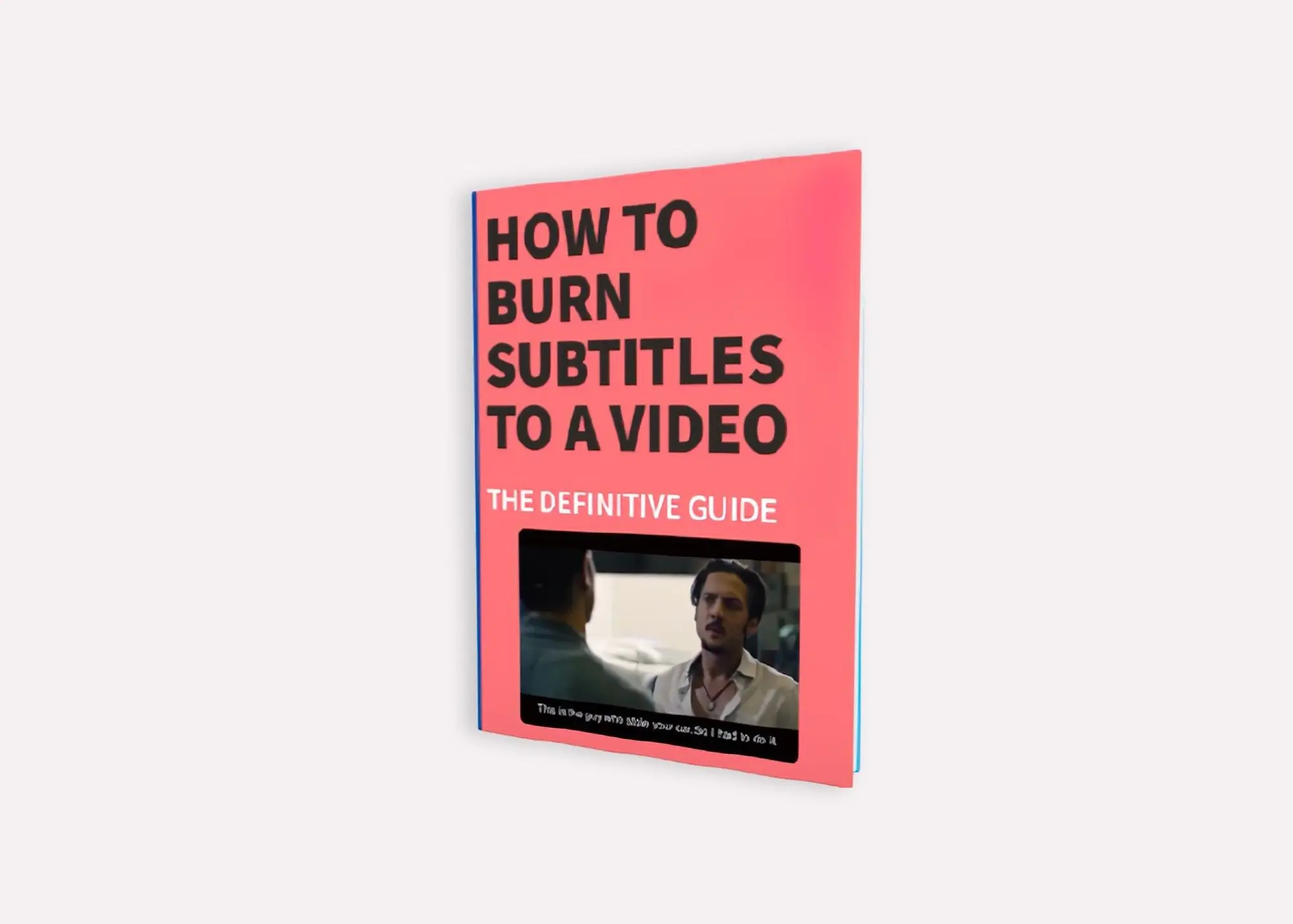
The definitive guide to generating subtitles and captions automatically to your videos and hardcode them directly to your video.
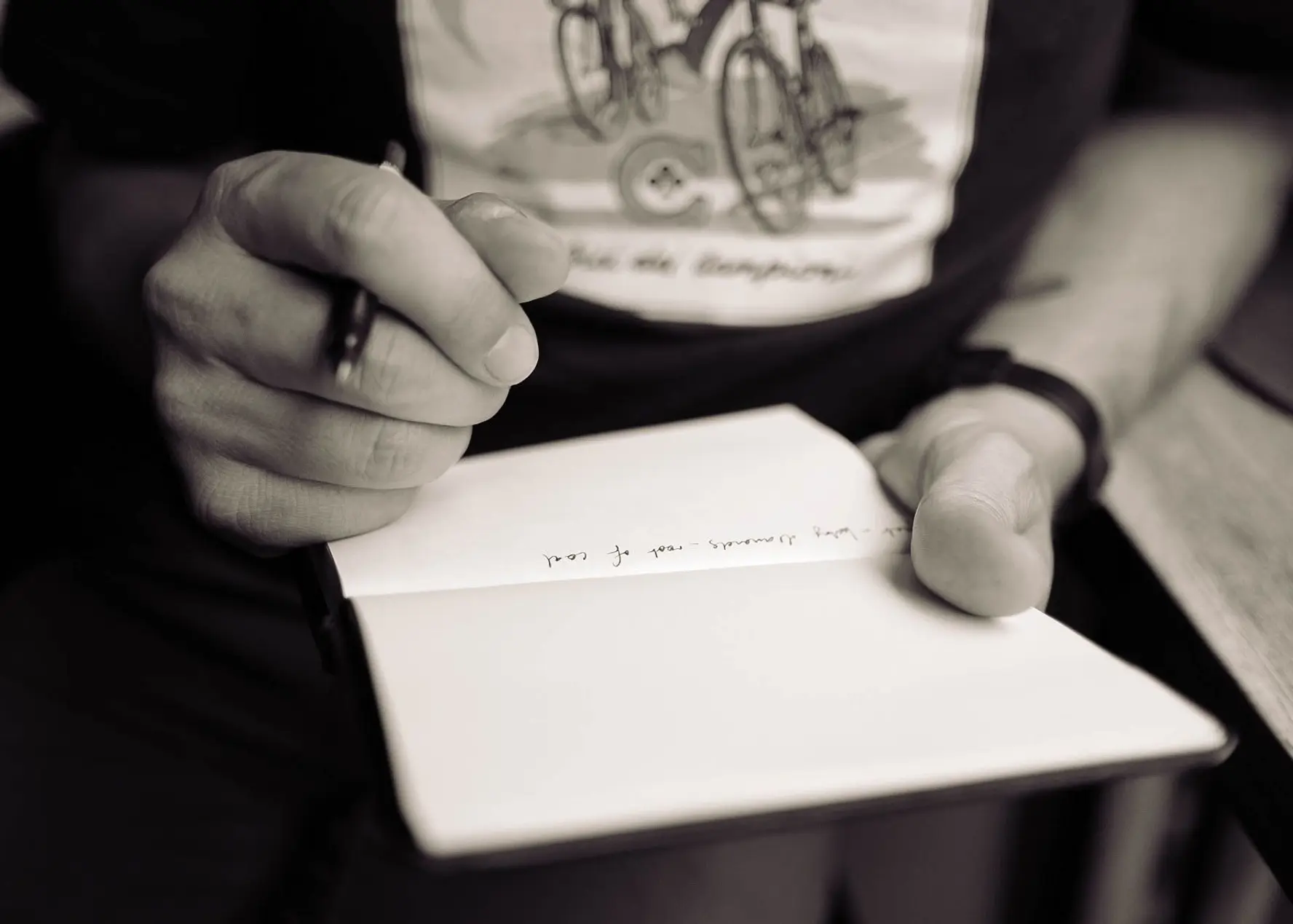
What are the pros and cons of recording and note-taking? Which one is right for you?

Have you ever wondered how to add captions to YouTube videos? Well, this step by step guide will show you how to get accurate captions quickly.

Your subtitles need to be readable and perfectly synced with the video and perfectly follow the reading skills of your audience. For example, you don't make subtitles for adults the same as subtitles for children.

Use Happy Scribe to get a free SRT file for your 30-minute video.

Adding subtitles to videos can increase audience engagement, improve accessibility, and help promote a positive image of a company, making it a useful tool for job postings and promotions.
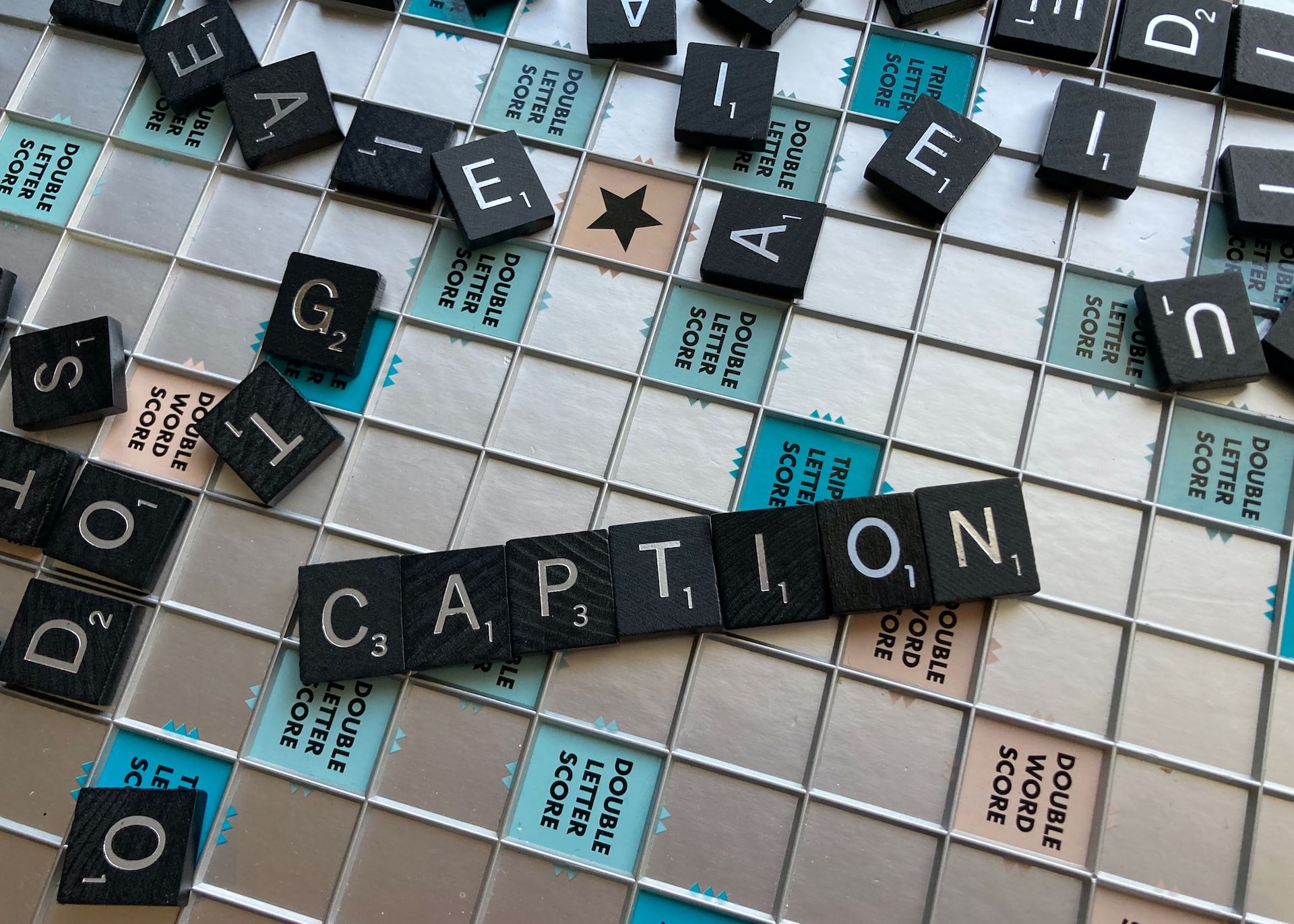
Dive into the differences between SDH and closed captions, and discover how Happy Scribe can revolutionize your video accessibility with automatic, customizable, and multilingual transcriptions.
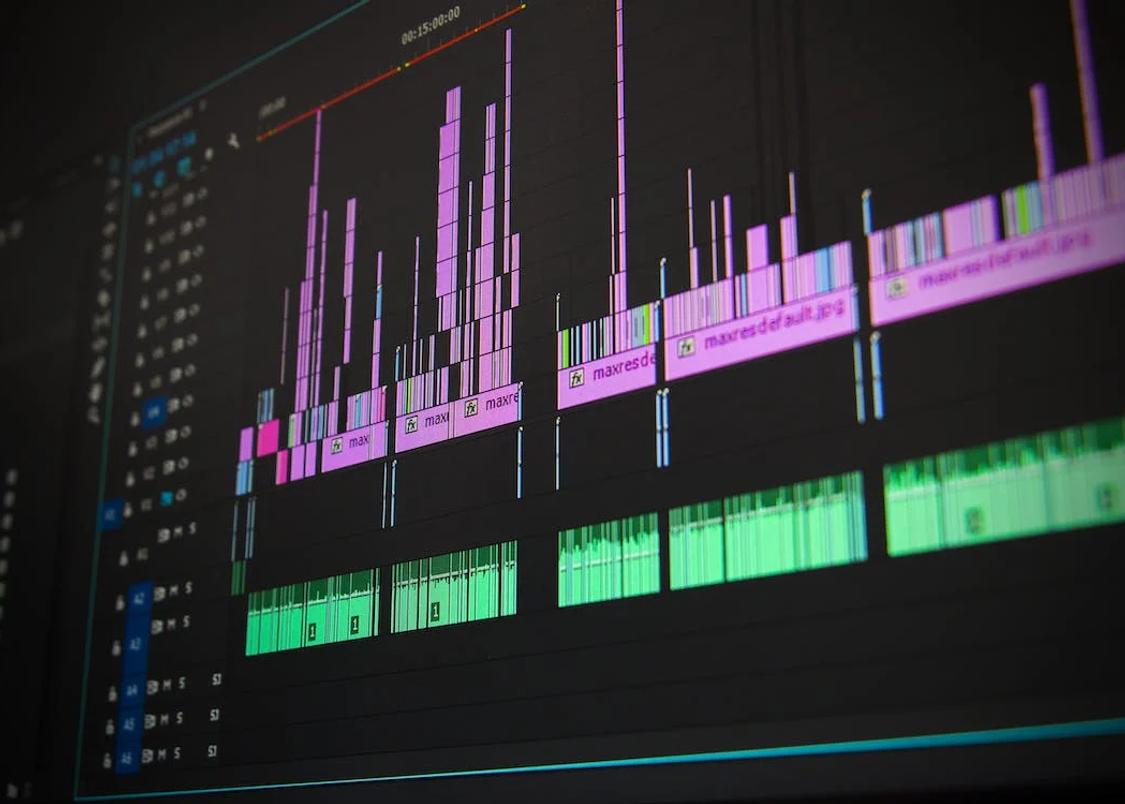
Not sure how to add subtitles to a YouTube video? In this article you will find some of the best and easiest ways to add captions to videos.
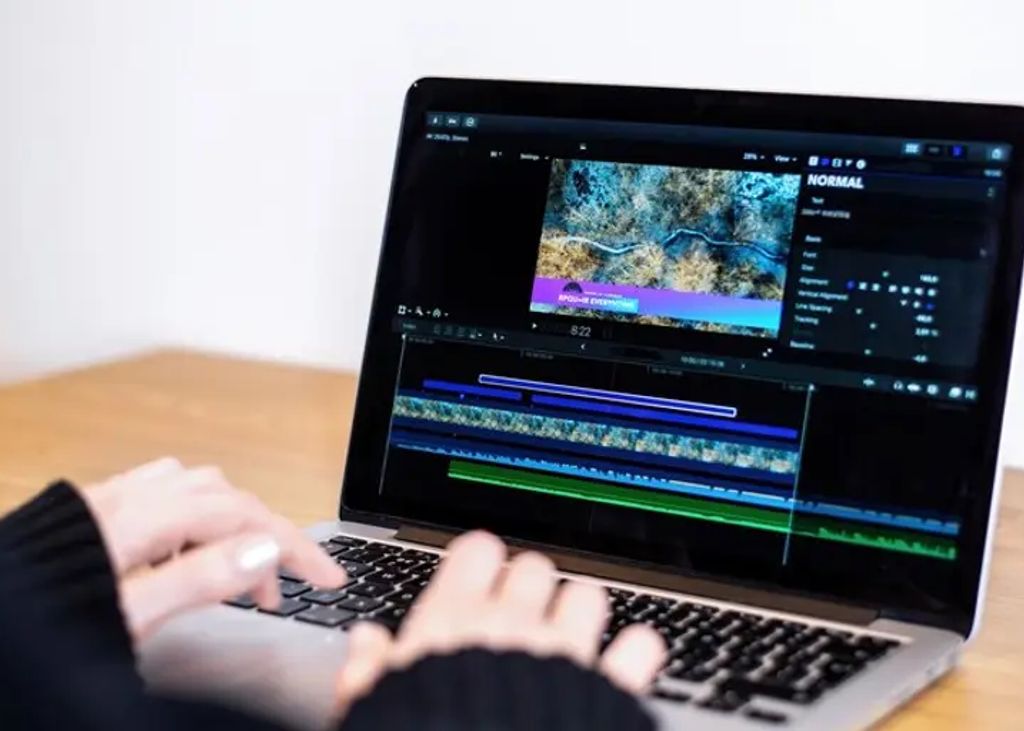
Do you need Spanish subtitles for your videos? Learn how to translate and transcribe English audio quickly while maintaining contextual accuracy.